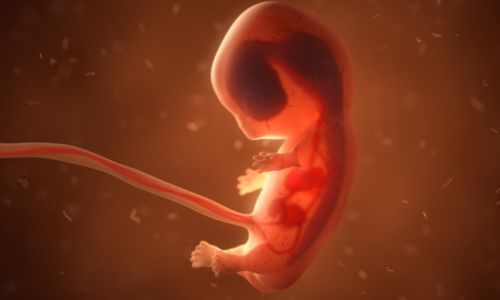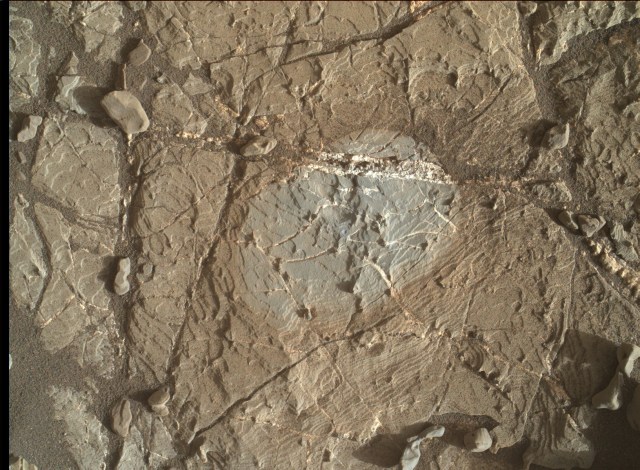
‘Birth’ of Alzheimer’s from a fetus? Subtle disruptions to the protein can lead to vulnerabilities that only appear in adulthood after decades of biological stress.
What if Alzheimer’s left its mark on the fetus? Researchers from the Servo Institute have shown that amyloid precursor protein (APP) has a specific biological role during neuronal development. It delays the onset of neurogenesis, that is, the differentiation of stem cells into different lines of neurons, which begins in the fetus from five weeks of gestation and is approximately completed around 28 weeks. Until now, researchers did not know how this balance between stem cell proliferation and differentiation into several cell types is regulated. To better understand how our brain is shaped during this key period, researchers * have conducted the investigation… It appears that subtle perturbations in this mechanism can, in some individuals, induce vulnerabilities that only reveal themselves well into adulthood after decades of biological stress. Alzheimer’s disease can then be thought of as a neurodevelopmental disorder … particularly of late onset. these results Posted June 6, 2023 in Science advances.
APP, Conductor of Neural Production
The regulatory role of APP is essential in the neural development of our species; To form, our brain needs to generate massive amounts of neurons over a very long period and according to a very precise plan – the process wasn’t the same in mice where neurogenesis is very fast – the researchers note. Therefore, in humans, Abnormalities related to APP can cause premature neurogenesis and significant cellular stress, the consequences of which can be observed later, Bassem Hassan, a researcher at Inserm, suggests. Moreover, the areas of the brain that show early signs of Alzheimer’s disease are also the ones that take the longest to mature during childhood and adolescence. »
Although the diagnosis of neurodegenerative diseases is usually made between the ages of 40 and 60, researchers estimate that clinical signs appear several decades after the onset of deterioration of certain neural connections and populations. This loss of connectivity will itself reflect abnormalities at the molecular level present since childhood, or even earlier.
specific to the human race
New studies will be required to confirm that APP occupies a central place in the neurodevelopmental disorders that make up the Alzheimer’s disease bed. In this case, one might think so These disorders result in a brain that functions normally at birth, but is particularly vulnerable to certain biological events – such as inflammation, excitatory toxicity or somatic mutations – And some environmental factors such as diet, sleep, infections, etc., the researcher completed. Over time, these various stresses can lead to neurodegeneration, which is a phenomenon specific to the human race and manifested particularly by the extension of life expectancy. »
Khadija Shabani and colleagues from the Brain Development team led by Bassem Hassan (Inserm).
All rights of reproduction and representation are reserved. © Handicap.fr. All information reproduced on this page is protected by intellectual property rights owned by Handicap.fr. Therefore, none of this information may be reproduced without prior consent. This article was written by Emmanuelle Dal’ Secco, journalist Handicap.fr”






